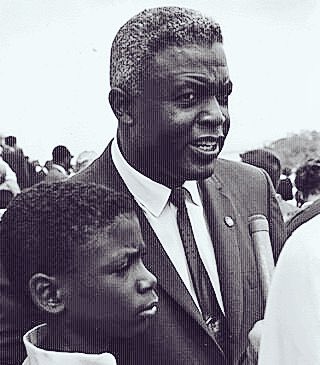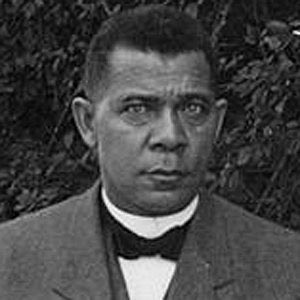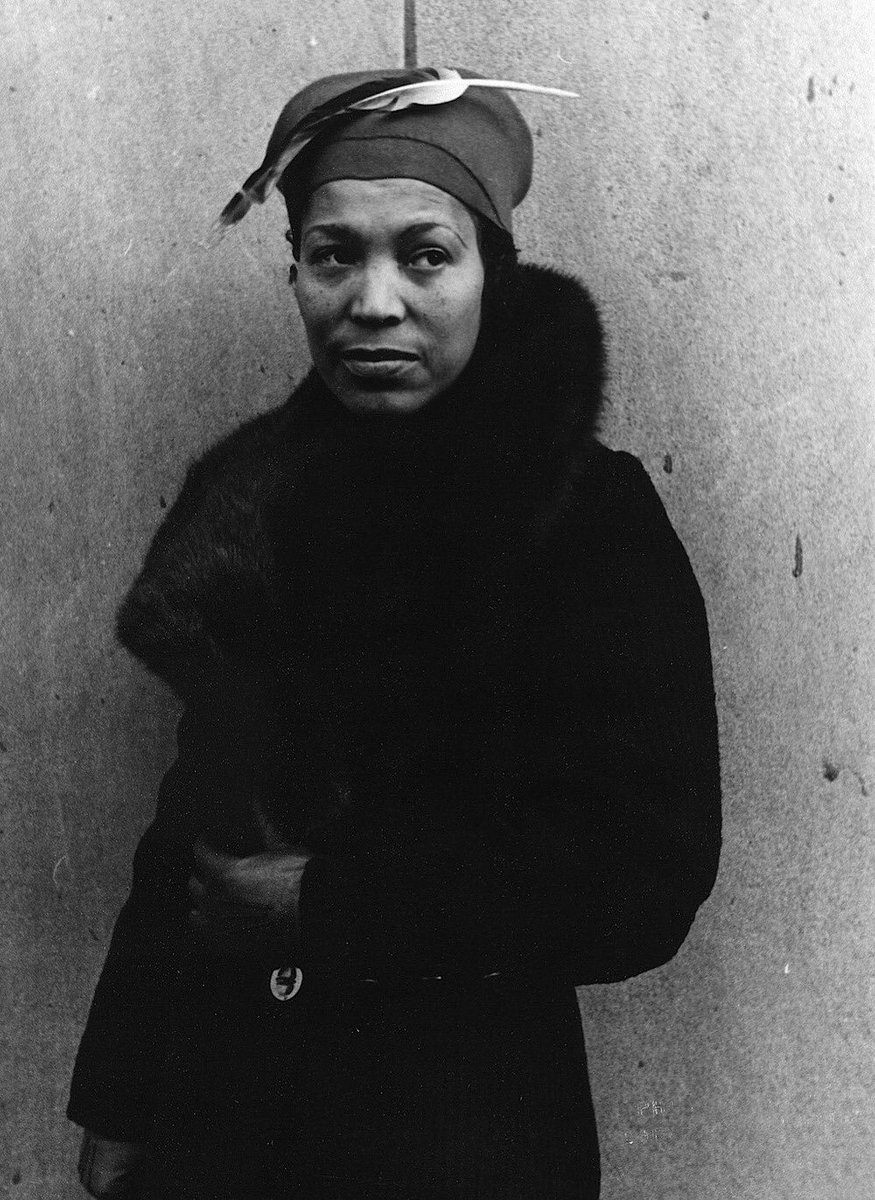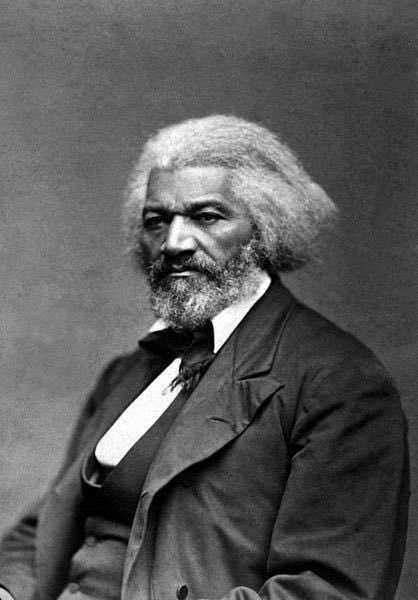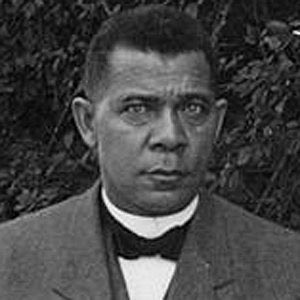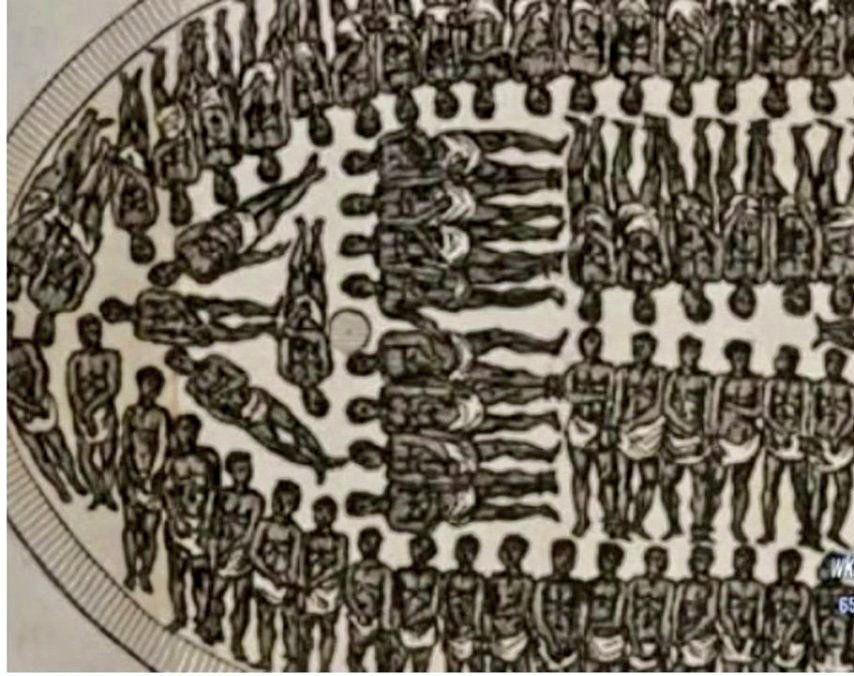
The Black Mexican President
It is #MexicanIndependenceDay.
What a wonderful day to talk about Africans in Mexico, to talk about Vicente Guerrero — the Afro-Mexican President.
- He abolished slavery
- He gave rights to the indigenous people of Mexico
He was executed for it.
It is #MexicanIndependenceDay.
What a wonderful day to talk about Africans in Mexico, to talk about Vicente Guerrero — the Afro-Mexican President.
- He abolished slavery
- He gave rights to the indigenous people of Mexico
He was executed for it.

Wakanda in Mexico?
Vicente Guerrero: The first Afro-Mexican President of the Americas
"His presidency championed the cause of Mexico's common people, and abolished slavery on a NATIONAL level."
themazatlanpost.com/2020/06/22/vic…
#AfroMexicans


Vicente Guerrero: The first Afro-Mexican President of the Americas
"His presidency championed the cause of Mexico's common people, and abolished slavery on a NATIONAL level."
themazatlanpost.com/2020/06/22/vic…
#AfroMexicans



1819; the Spaniards sent Guerrero's father to plead for an end to his rebellion.
The response: "Compañeros, this old man is my father. He comes to offer me rewards in the name of Spain. I have always respected my father but my homeland comes first."
The response: "Compañeros, this old man is my father. He comes to offer me rewards in the name of Spain. I have always respected my father but my homeland comes first."
• • •
Missing some Tweet in this thread? You can try to
force a refresh


